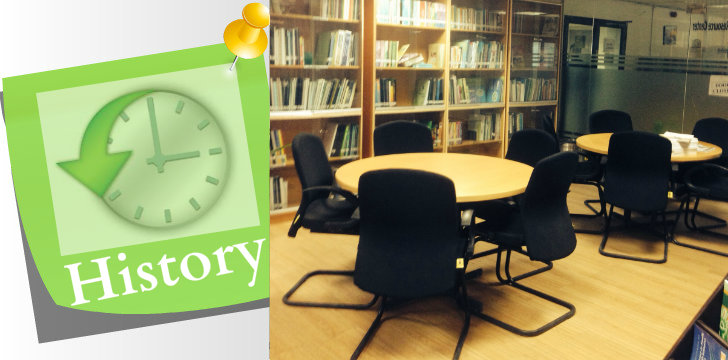History of NLRC(National Literacy Resource Center)
There is no doubt in saying that literacy is indispensable in economic and social development. Reducing mortality rates is directly proportional to increase with the literacy rate. The efforts to eradicate illiteracy are directly or indirectly focus on the improvement of life standards.
Literacy is considered as an essential pre-requisite for the acquisition and spread of knowledge. It provides building blocks for raising the quality and standard of life of people and open up avenues of access to knowledge. Initially, the definition of literacy was confined to the basic skills of reading and writing in a language and competency in making simple mathematical calculations. With technological and scientific developments and complexities of life the element of functionality has been added to the standard of literacy.
Like many other developing countries, Pakistan also suffers from adhocism in Literacy Programs since it came in to existence. There is no viable principle and practice of literacy agreeable to all stake-holders involved in the program. Moreover, the Literacy programs are not being given the priority which it deserves.
Though we executed number of Literacy Programs in Pakistan during the last five decades but the quality of outputs of these program always remain a question mark. So far we had developed models of Basic Literacy Programs as far as post literacy and continuing education programs are concerned we are lagging behind in real terms. We could also not build these programs on sustainable basis, reason is simple, and we fail to build institutions for literacy. The grey areas of literacy programs are:
- Literacy Curriculum has been developed by the Government but most of the literacy primers in Pakistan are not in line with the Curriculum.
- Most of the Literacy Primers are not being reviewed and fine tuned on the basis of field research.
- Lack of Research and Development Programs hinders development of need based material in literacy programs
- Absence of a regular system of Capacity Building programs of the Literacy professional at the mid level and high level do not exists in Public as well as private sector.
In addition to above the need of the National Literacy Resource Center also revealed during the National Consultative Workshop on Literacy organized by National Commission for Human Development & Federal Ministry of Education in collaboration with UNESCO Pakistan on February 17-18, 2009 at Islamabad. One of the recommendations of the workshop was:
“Institute of Training and Research in Literacy and NFBE should be established at National and Provincial Level. Supervisor/Monitors should be trained as facilitator/mentors Adult Literacy portion be included in the pre-service curriculum and teacher training Provincial/region resource center by NCHD.”
Keeping in view the above-mentioned facts, there is a dire need for the establishment of a National Literacy Resource Center, which could support the literacy program professionals and organizations in bridging the above mentioned gaps.

